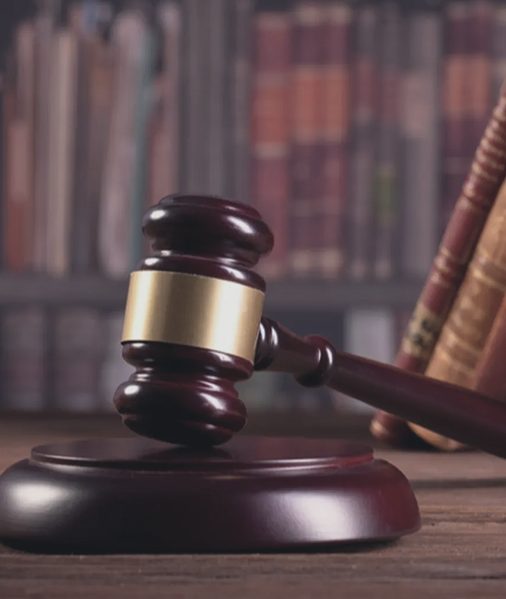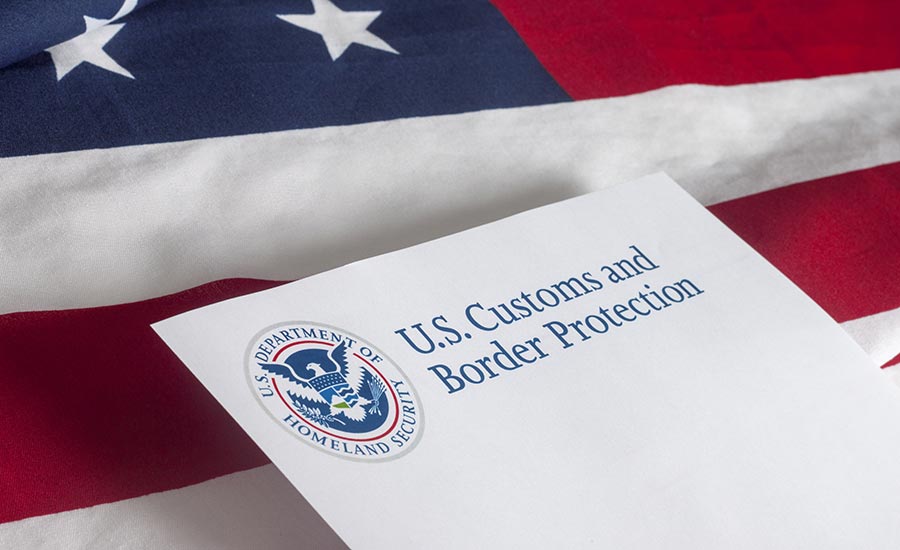

In a landmark decision on May 1, 2025, U.S. District Judge Fernando Rodriguez Jr. issued a permanent injunction blocking the Trump administration from using an archaic wartime statute—the Alien Enemies Act (AEA)—to deport Venezuelan immigrants from South Texas. This pivotal ruling reinforces judicial oversight over executive immigration enforcement and sets a critical precedent for future removal proceedings involving Venezuelans and other immigrant groups.
Source: Trump’s use of Alien Enemies Act for swift deportations is illegal, Trump-appointed judge rules
What Happened in Court?
President Donald Trump’s administration had invoked the AEA, a law dating back to 1798, claiming that a Venezuelan gang, Tren de Aragua, constituted an “invasion” of the United States. This allowed immigration authorities to detain and deport suspected gang members without standard due process protections.
However, Judge Rodriguez, a Trump appointee himself, ruled that the statute was being misapplied. He clarified that the AEA was never intended to be used for routine immigration enforcement and certainly not for cases where no armed conflict or state-sanctioned invasion was occurring:
“The Proclamation makes no reference to and in no manner suggests that a threat exists of an organized, armed group of individuals entering the United States at the direction of Venezuela to conquer the country or assume control,” Rodriguez wrote.
This decision not only blocked the deportations but questioned the administration’s expansive use of executive power to bypass immigration courts.
Why This Matters for Venezuelan Immigrants
For thousands of Venezuelans currently residing in or seeking asylum in the U.S., this ruling represents a crucial safeguard against arbitrary deportation. It underscores that even individuals accused of gang affiliations must be afforded constitutional protections, including time to contest removal.
The case is also part of a broader legal resistance to efforts aimed at streamlining deportations without proper judicial review. The Supreme Court has already stated that alleged gang members are entitled to “reasonable time” to respond before being removed, a principle that Rodriguez’s decision supports.
Next Steps: Appeals and Supreme Court Involvement
While this ruling is a victory, the legal battle is not over. The administration is expected to appeal to the 5th U.S. Circuit Court of Appeals, one of the most conservative appellate courts in the country. Emergency motions could follow, potentially elevating the matter to the Supreme Court once again.
Meanwhile, deportation attempts have already triggered a patchwork of legal action across states, including prior interventions by Judge James Boasberg and a late-night Supreme Court order halting deportations from North Texas.
How Spar & Bernstein Can Help Venezuelan Immigrants Right Now
For Venezuelan nationals and other immigrants who may be impacted by evolving legal interpretations of the Alien Enemies Act and related policies, now is the time to act. At Spar & Bernstein, we specialize in:
- Asylum & Withholding of Removal Cases
- Deportation Defense & Motions to Reopen
- Federal Court Litigation
- Special Immigration Protections for Venezuelan TPS holders
This ruling demonstrates that judges are willing to protect immigrants’ rights—but only if those individuals have access to competent legal representation. Our attorneys have decades of experience successfully navigating high-stakes immigration litigation and can guide clients through every legal avenue available.
Hope and Legal Recourse for Venezuelans
The court’s decision delivers a powerful message: even in the face of executive overreach, the rule of law still matters. Immigrants from Venezuela facing deportation have newfound grounds for legal relief. With the right legal team—like Spar & Bernstein—you don’t have to face the system alone.
Schedule a consultation today to discuss how this ruling could impact your case or that of a loved one.




